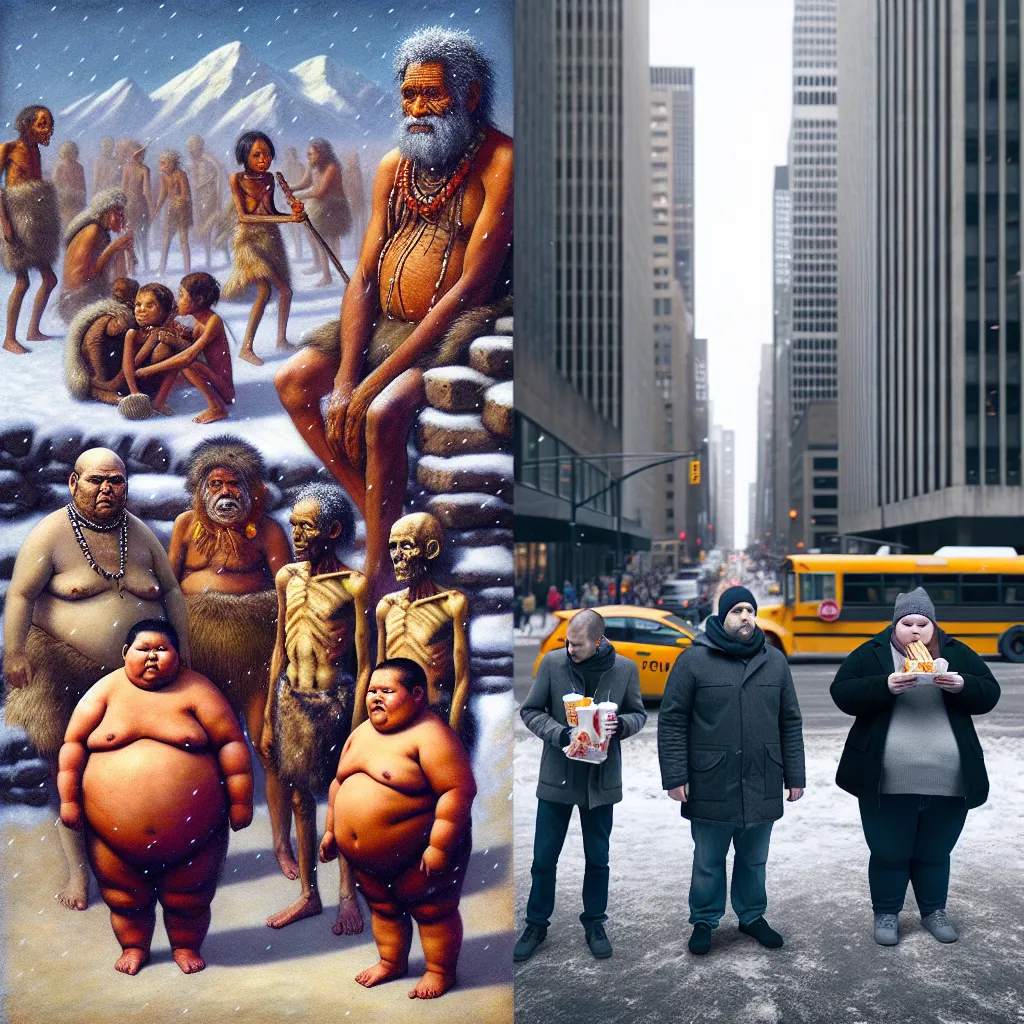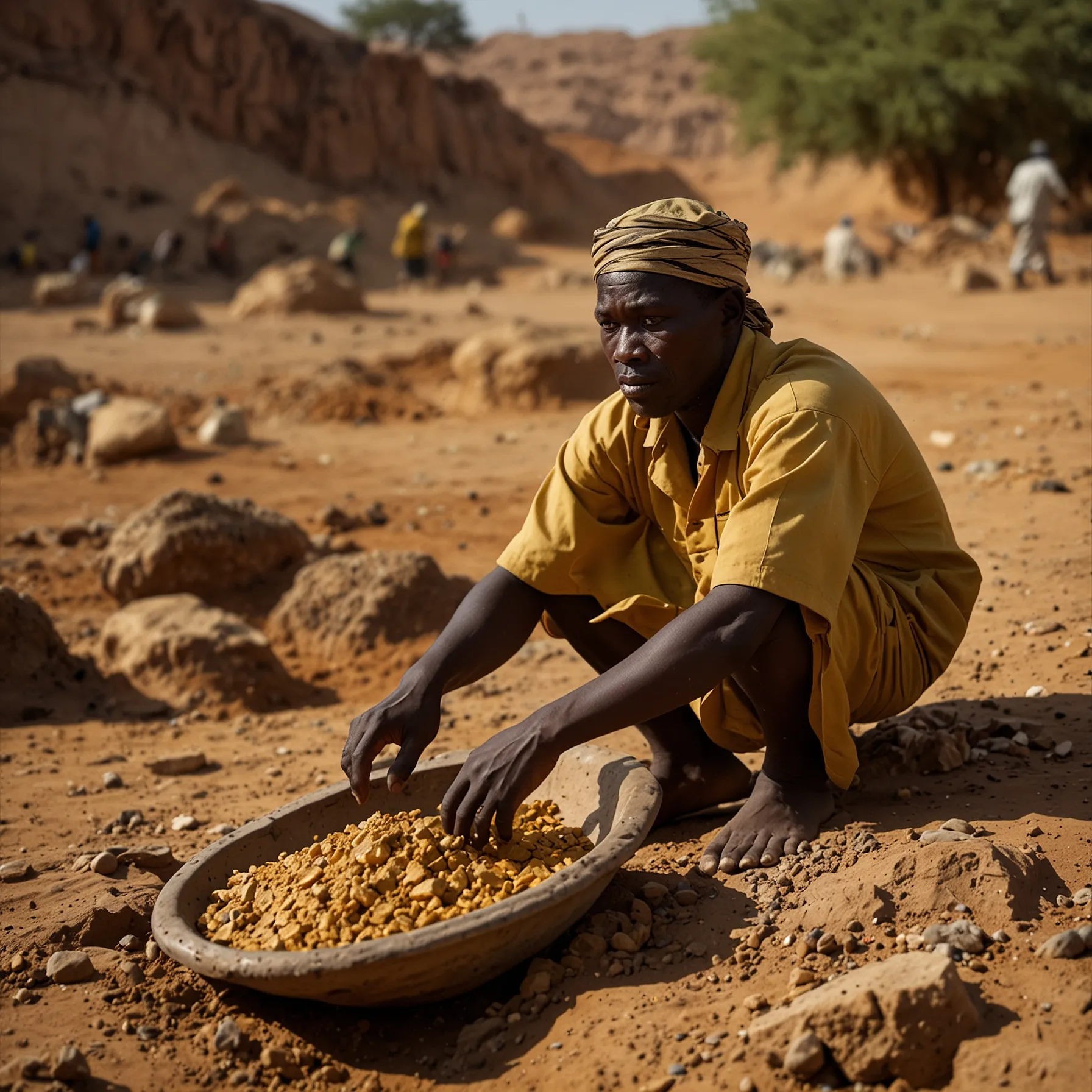Back in prehistoric times, the main role of body fat was to store food for tough times. Genetically, our ancestors were geared towards storing fat to survive periods of chronic malnutrition. It wasn’t until the 18th century that we saw any medical literature addressing the negative impacts of being overweight. Fast forward a bit, and with advancements in technology and public health, the quality and variety of food improved significantly. This abundance led to a healthier population and, interestingly, bigger waistlines too.
By the mid-19th century, obesity was recognized as unhealthy, and by the 20th century, it was considered deadly. Understanding the difference between being overweight and obese is crucial. The Body Mass Index (BMI) helps break it down. For example, weighing 65 kilograms and standing 1.5 meters tall gives a BMI of around 29. If your BMI is over 30, you’re considered obese. However, BMI isn’t the whole story; factors like waist circumference and muscle mass also play important roles.
So, how does one become obese? It really boils down to energy imbalance. If you take in more calories than you burn through physical activity, your body stores the extra calories as fat. Unfortunately, several factors contribute to this imbalance, including sedentary lifestyles and the consumption of calorie-dense processed foods. Globally, many adults and adolescents fall short of recommended physical activity levels.
Another crucial aspect is the genetic factor. Studies on families and twins reveal a hereditary link to weight gain. Recent research connects obesity with variations in gut bacteria. Regardless of the cause, obesity is a growing global epidemic, leading to a higher risk of diseases like diabetes, heart disease, stroke, and cancer. It affects all ages, genders, and socioeconomic groups worldwide, and child obesity has surged by 60% globally over two decades.
Once someone becomes obese, reversing the condition presents challenges. Hormonal and metabolic changes make it harder for the body to respond to overeating. After losing weight, an obese person’s body burns fewer calories during the same activities than someone who was never obese, complicating further weight loss. Additionally, weight gain can damage signaling pathways, making it harder for the brain to monitor food intake and fat storage.
There is hope, though. Long-term changes in behavior, such as sustained lifestyle modifications or even bariatric surgery, can lead to improvements in obesity-related health issues. These approaches can enhance insulin resistance and decrease inflammation.
What was once a survival advantage now works against us. As the global population becomes more sedentary and heavier, adopting healthier eating and active living habits is crucial for our well-being. Given that obesity affects every country for various socioeconomic reasons, it’s clear that addressing it requires a global effort. More preventative measures are essential to manage the weight of the world.






